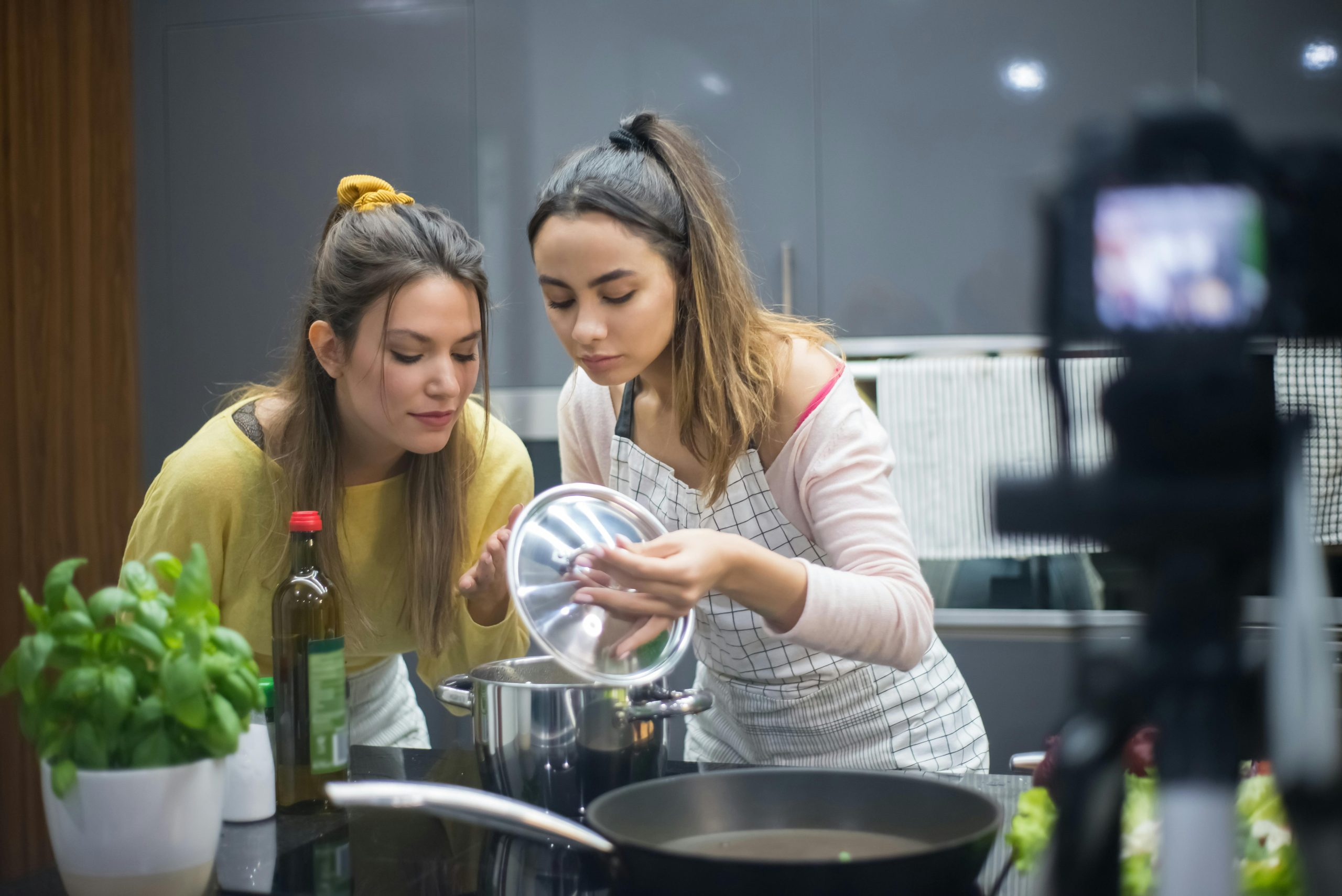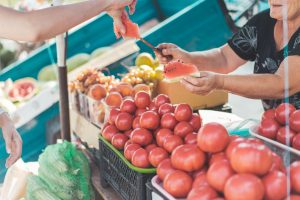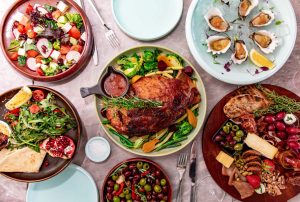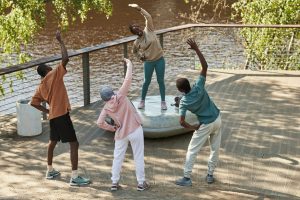Virtual Cooking Classes: Learning Culinary Skills Online
In today’s digital age, the world has transformed into a virtual space, where anything and everything can be accessed with just a few clicks. This has led to a significant shift in the way people learn and acquire new skills. One of the most recent additions to this digital transformation is virtual cooking classes. Gone are the days when learning culinary skills was limited to in-person classes or cookbooks. With the rise of virtual cooking classes, aspiring chefs and cooking enthusiasts can now learn and enhance their skills from the comfort of their own homes. In this article, we will explore the world of virtual cooking classes and how they have revolutionized the way people learn culinary skills online.
What are Virtual Cooking Classes?
Virtual cooking classes are online classes that offer interactive cooking lessons and demonstrations through various virtual platforms such as video conferencing, live streaming, and pre-recorded videos. These classes are taught by professional chefs or experienced cooks who offer step-by-step instructions on how to create delicious and authentic dishes. With the use of technology, these classes provide a virtual learning experience that is interactive and convenient for participants.
Why Choose Virtual Cooking Classes?
There are several reasons why virtual cooking classes have gained immense popularity in recent years. First and foremost, they offer flexibility and convenience. Participants can join the classes from anywhere in the world and at any time. This means that individuals with busy schedules or those living in remote areas can also access these classes and learn new skills. Moreover, virtual cooking classes also eliminate the need for travel and associated expenses, making it a cost-effective option for many.
Another significant advantage of virtual cooking classes is the opportunity to learn from renowned chefs and experts in the culinary industry. The classes are often conducted by chefs who have years of experience in cooking and are experts in their field. This provides participants with the chance to learn from the best and gain valuable insights into the world of cooking.
Interactive Learning Experience
One of the biggest challenges with traditional cooking classes is the lack of individual attention. With a large number of students in a single class, it becomes challenging for the instructor to provide personal attention to each student. However, with virtual cooking classes, participants can interact directly with the instructor and ask questions in real-time, creating a personalized learning experience.
In addition to the interactive learning experience, virtual cooking classes also use a variety of teaching methods such as live demonstrations, hands-on cooking, and visual aids. This ensures that participants not only learn the theoretical aspects of cooking but also get to practice and perfect their skills. This hands-on experience allows individuals to learn at their own pace and build confidence in their cooking abilities.
Types of Virtual Cooking Classes
There is a wide range of virtual cooking classes available, catering to different preferences and skill levels. Some classes focus on specific cuisines, such as Italian, Chinese, or Indian, while others offer a variety of recipes from around the world. There are also classes for specific categories like baking, grilling, or vegetarian cooking. Furthermore, there are classes that cater to different levels of expertise, from beginners to advanced cooks.
Virtual Cooking Classes vs. Traditional Cooking Classes
While traditional cooking classes have their own set of advantages, virtual cooking classes offer several benefits that make them stand out. As mentioned earlier, virtual cooking classes offer flexibility, convenience, and a personalized learning experience. In addition, virtual classes also provide participants with a diverse range of cuisines and styles of cooking, which may not be available in traditional classes. Virtual cooking classes are also relatively more affordable compared to in-person classes.
However, one downside of virtual cooking classes is the lack of hands-on learning, which may not suit everyone’s learning style. Traditional cooking classes provide individuals with the opportunity to work in a professional kitchen and practice their skills. Virtual classes, on the other hand, rely on individuals to have their own tools and ingredients, which may not always be feasible.
In Conclusion
Virtual cooking classes have undoubtedly revolutionized the way people learn culinary skills online. With their flexibility, convenience, and interactive learning experience, they have made it possible for individuals to learn and enhance their skills from anywhere in the world. Whether you are a beginner looking to improve your cooking or an experienced cook wanting to expand your culinary knowledge, virtual cooking classes offer a vast array of options to cater to your needs and preferences. So why wait? Sign up for a virtual cooking class today and join the world of online cooking education!








